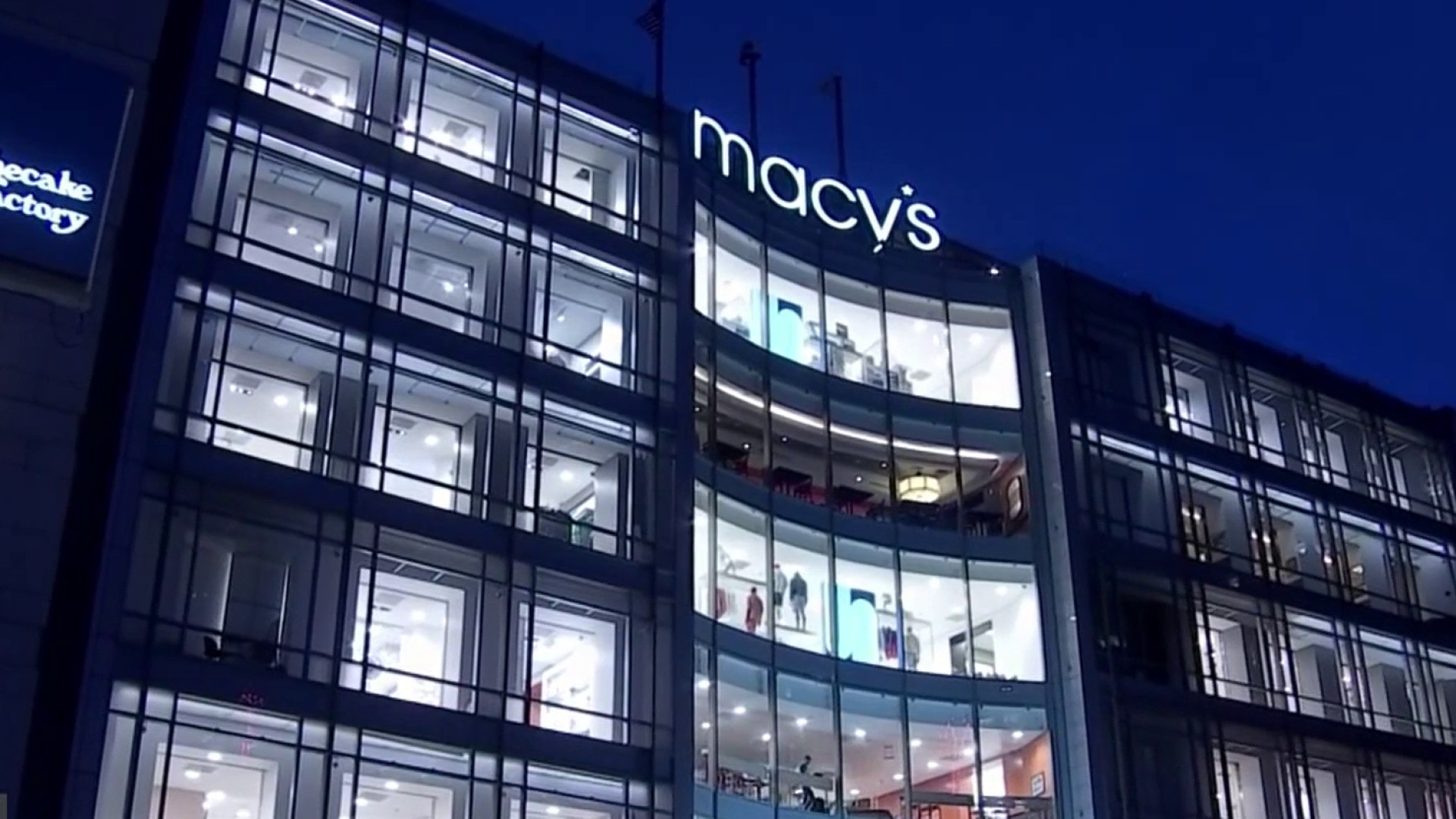With violent smash-and-grab shoplifting costing California businesses millions of dollars annually, Gov. Gavin Newsom signed a law Wednesday aimed at curbing organized retail theft.
The law reestablishes the crime of organized retail theft, which lawmakers first created in 2018 but allowed to lapse as of July 1. Prosecutors can again seek to charge the crime as either a misdemeanor or a felony. It applies to those who work with others to steal merchandise either from brick-and-mortar stores or online, with the intent to sell or return the merchandise.
The legislation also applies to someone who works with others to receive stolen merchandise, those who steal for others as part of an organized theft ring or people who do the recruiting or organizing for the theft ring.
The rings have become bolder in recent years, officials said, and videos of their smash-and-grabs have gone viral.
Get a weekly recap of the latest San Francisco Bay Area housing news. Sign up for NBC Bay Area’s Housing Deconstructed newsletter.
“The overall problem is a challenge — the brazenness of some of these crimes,” San Francisco Police Chief Bill Scott said. “When they see these things go viral, the perception of lawlessness, the perception that anything goes — that has to be overcome, too.”
Nationally, organized retail theft costs businesses tens of billions of dollars annually. Newsom signed the law at a store in Long Beach, surrounded by several mayors and law enforcement officials.
However, police agencies in California will have to contend with local prosecutors, who decide whether to charge an offender with a misdemeanor or felony, if at all. Progressive district attorneys such as those in San Francisco and Los Angeles have pledged to avoid stiff penalties, sentencing enhancements and incarceration for certain crimes.
Local
Neither immediately commented on the law Wednesday.
Newsom said organized retail theft is more than just simple, low-level shoplifting and that the California Highway Patrol has not seen a lack of support from liberal prosecutors.
“I'm not willing to throw up my hands and suggest that somehow we're going to see a huge impediment to our collective effort to address these organized efforts,” the governor said.
State lawmakers first acted after retailers and law enforcement complained that punishments for such property crimes had been reduced under a voter-approved ballot initiative in 2014 called Proposition 47.
The union that represents San Francisco rank-and-file police officers said “strong response to California’s theft epidemic requires strong sentencing.” The union is vocally opposed to the San Francisco DA's approach to charging — or not charging — offenders for various crimes.
“The easiest way to reduce crime is to fix Proposition 47 and reimpose strong sentencing for the pervasive retail theft that is literally closing stores across our state," said Tracy McCray vice president of the San Francisco Police Officers Association. “Exacerbating the situation is San Francisco District Attorney Chesa Boudin’s insistence on dropping or downgrading charges of those caught red-handed that allows those very same crooks to further victimize our communities over and over again.”
The new law's author, Democratic Assemblyman Reggie Jones-Sawyer, said in a legislative analysis that the goal was “to ensure we targeted sophisticated crime rings that took advantage of loopholes in state law as opposed to theft for personal use simply because someone was hungry.”
The law also reinstates a California Highway Patrol task force that analyzes organized retail theft and vehicle burglary and helps law enforcement agencies in counties it identifies as having high property crime rates.
Over the past three years, the task force's 668 investigations included 252 arrests and the recovery of more than $16.3 billion in stolen merchandise.
Rachel Michelin, president of the California Retailers Association, said her organization sponsored the legislation in the hope that it could stem the tide of rising theft. In recent years, she said, frustrated retailers have seen increasing violence in the thefts.
The coronavirus pandemic has not changed theft patterns, Michelin said, but businesses are desperate to limit losses that were compounded by COVID-19 shutdowns.
Jessica Millan Patterson, the California GOP chairwoman, called Newsom's bill signing a photo op and said the governor is only getting serious on rising violent crime as he faces a recall election.
___
Thompson reported from Sacramento.



